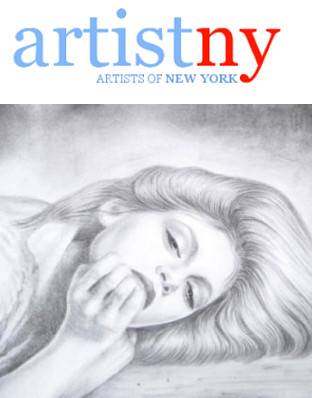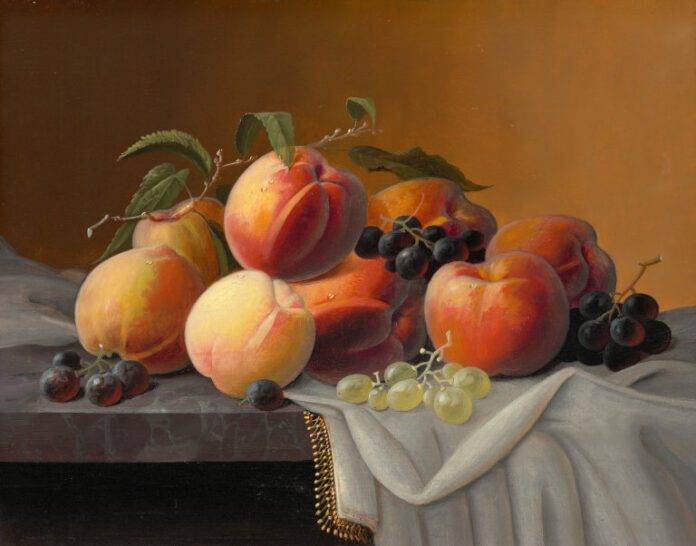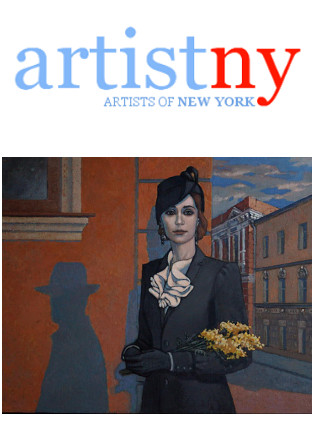Peaches, Grapes, and Apples oil on wood Severin Roesen (painter) American, born Germany, 1816 – after 1872
When it comes to fruit, there are few that can compare to the lusciousness of peaches, grapes, and apples. But what many people don’t know is that these fruits have a dark secret. In order to achieve their bright colors and perfect shapes, they are often treated with harmful chemicals. In this blog post, we will explore the use of chemicals in fruit production and how they can impact our health. We will also provide some tips on how to choose fruit that is safer for you and your family. So next time you’re at the grocery store, make sure to think twice before reaching for those chemically-treated peaches, grapes, and apples.
Severin Roesen’s Life and Work
Severin Roesen was born in Germany but moved to the United States as a young man. He was a highly skilled painter, known for his beautiful and detailed fruit still lifes. His work was popular during his lifetime and he received many commissions from wealthy patrons. Unfortunately, little is known about his personal life and he died relatively young. Nevertheless, his paintings remain popular today and are highly sought after by collectors.
Early Life and Training
Severin Roesen was born in Cologne, Germany around 1816. Not much is known about his childhood or early life. He likely received some training as an artist in Germany before immigrating to the United States in the mid-1830s. He settled in Philadelphia and quickly became a popular painter, especially among wealthy patrons who could afford his fairly expensive works.
Roesen married Margaret Meehan in 1847 and they had five children together. Margaret died young, however, and Roesen remarried to Elizabeth Powell in 1851. The couple had four children together, but Elizabeth also died young, around 1855 or so.
Career Highlights
Although Roesen did paint other types of subjects, he was best known for his fruit still lifes. These works feature beautifully rendered fruits arranged on tabletops or shelves with intricate patterns in the background. Roesen’s paintings were very popular during the nineteenth century and he received many commissions from wealthy collectors eager to own one of his works. Unfortunately, however, most of these paintings have not survived and are now known only through old photographs or prints of them that have been made over the years.
The Painting
Severin Roesen’s “Peaches, Grapes, and Apples” is an oil painting on wood. The painting depicts a still life of ripe fruit arranged on a table. The colors are vibrant and the textures are realistically rendered.
The painting is signed by the artist in the lower right corner. Severin Roesen was a German-born American painter who is known for his paintings of fruit and flowers. He was active in the mid-19th century and his work was influenced by the Dutch masters.
The painting is signed by the artist and dated 1871. It is currently in the collection of the Museum of Fine Arts, Boston.
Provenance
The painting was likely painted in New York, where Roesen lived and worked. It was likely commissioned by a wealthy patron. The painting remained in the artist’s possession until his death in 1872. It was then sold to a private collector and eventually made its way into the collection of the Museum of Fine Arts, Boston.
The Interpretation of the Painting
Severin Roesen’s “Peaches, Grapes, and Apples” is a still life painting that features a cornucopia of brightly-colored fruits. The painting is teeming with life, and the vibrant colors of the fruits create a sense of abundance and fertility.
Roesen was known for his detailed and realistic depictions of fruit, and this painting is no exception. The artist has painstakingly rendered each individual fruit, making them appear almost lifelike. The viewer can almost imagine reaching out and plucking a juicy peach from the bunch.
The “Peaches, Grapes, and Apples” painting is a beautiful example of Roesen’s skill as a painter. The work is both technically impressive and visually appealing, making it a true masterpiece.
The Significance of the Painting
Roesen’s painting is significant because it is a rare and well-preserved example of his work. It is also one of the few known examples of his fruit still life paintings. The painting was most likely executed sometime between 1855 and 1865, during the artist’s mature period.
Conclusion
This painting by Severin Roesen is a beautiful still life that captures the natural colors and textures of ripe fruits. The oil on wood technique used by the artist gives the painting a smooth and polished finish, making it a pleasure to look at. If you’re looking for a fruit-themed painting to add to your collection, this one by Severin Roesen is definitely worth considering.



